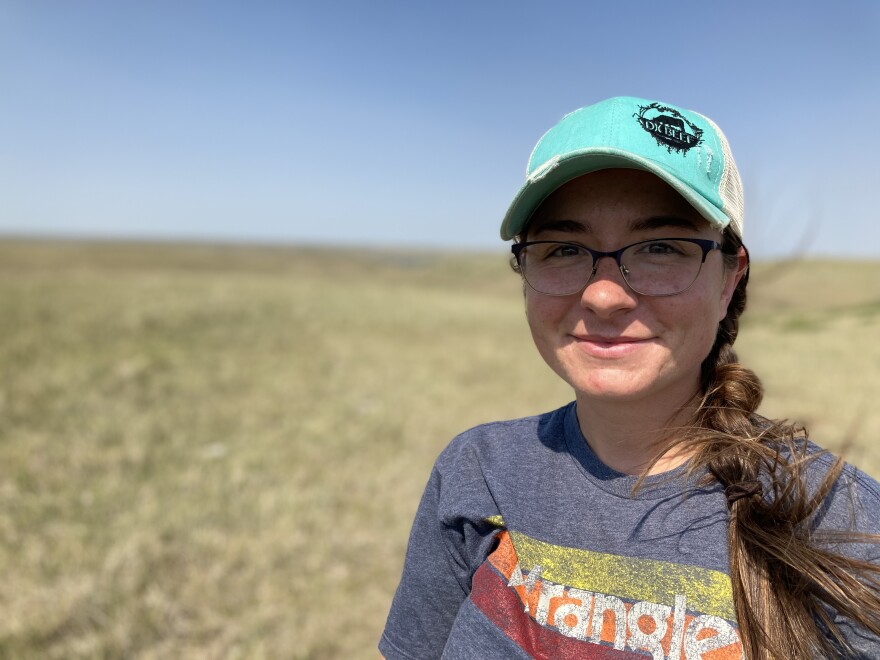Kelsey Scott raises grass-fed beef on the Cheyenne River Sioux Reservation in South Dakota.
But unlike many ranchers, she doesn’t sell her beef into the feedlot or industrial meat system. She has her animals butchered nearby and then sells the meat primarily to her fellow tribal members.
This, she explains, is food sovereignty.
When Native Americans can reclaim their food systems they can start to regain the independence and self-sufficiency they had before colonizers came to the West. Food sovereignty is a critical step toward tribal sovereignty, Kelsey explained.
“I get chills up my spine to know that the animals I have put time and money and energy and so much thought and care into raising get to live out such a just life that they're still nourishing community members after they're gone.”
A transcript of this episode is available.



